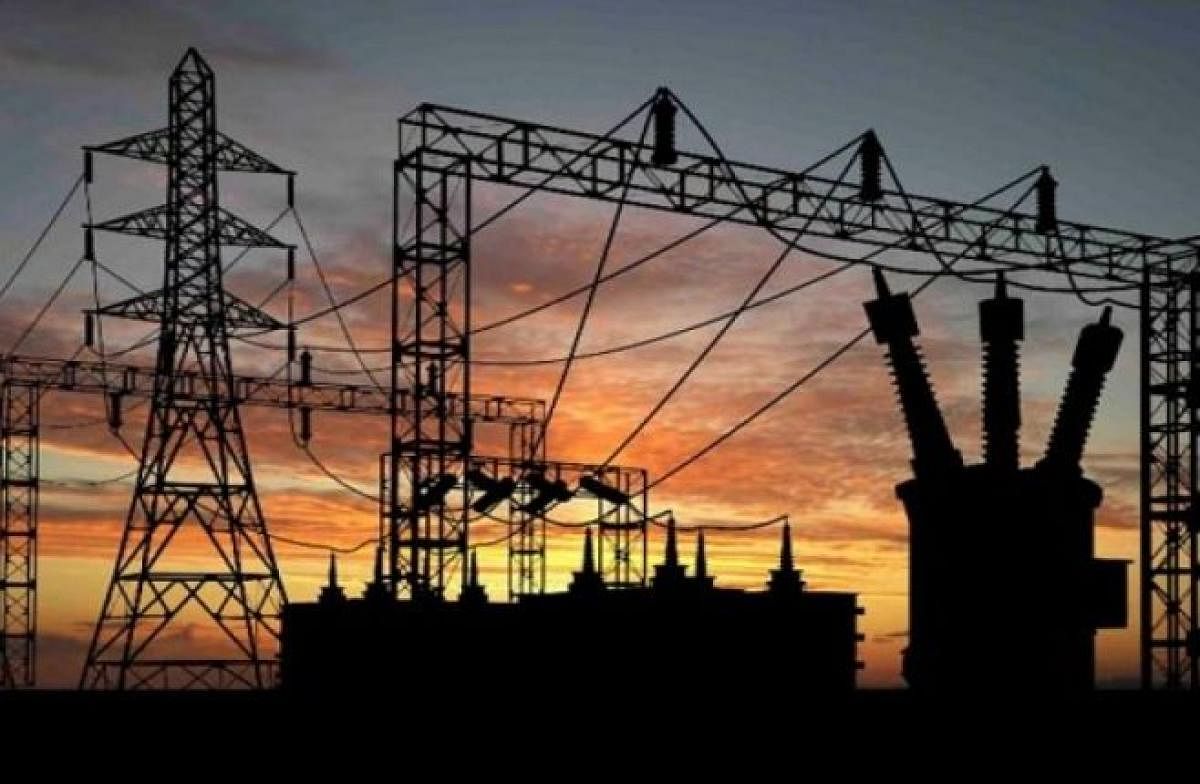
The country is facing the double whammy of high temperatures and increasing power shortages. One state after another has resorted to load-shedding and the situation might get worse as summer progresses. There are many reasons for the shortage, and the impact is different in different areas. There will be disruptions of life, work, business and industry and they are bound to create inconvenience and discomfort, and setbacks to the reviving economy. Demand for power has increased monthly and is set to rise further. But supply is falling short, and in April, there was a shortfall of about 1.5%. The present crisis is mainly due to issues related to the availability of coal. More than two-thirds of the country’s power needs are met by thermal plants using coal, and the problem has its origin there.
The increase in demand was not foreseen and correctly reckoned by governments, power generating companies and Coal India Ltd, which produces most coal. Coal India has claimed that it has increased its output. But coal stocks in most power plants have fallen and are very low. There are just eight days of stocks in thermal power stations in many states against the requirement of 17-26 days. Supply is expected to be short by at least 10% in the coming days. About 70% of the coal goes to power plants but it is an important input in other industries too. Since the shortage has led to a cut in coal supplies to non-power sectors, the production of iron and steel, cement and aluminium is also likely to be affected.
The problem is not just about shortage of coal production. There are serious failures in the movement of coal from pit heads. A major constraint is the non-availability of railway rakes to transport coal. The Railways have cancelled over 700 trips of passenger trains to facilitate free movement of wagons that carry coal. The Railways should have increased the availability of coal rakes but failed to anticipate the rising demand for coal and to make arrangements well in time. Apart from logistics, there are financial issues also. Distribution companies have failed to pay their dues to power generating units. The total dues to power producers are estimated to be over Rs 1 lakh crore. The power producers are therefore unable to pay Coal India in time for the coal they buy. All these have resulted in disruption of the supply chain at various points. The present crisis is mainly the result of mismanagement in many areas at many levels. It could have been averted if there was timely attention to the issues.